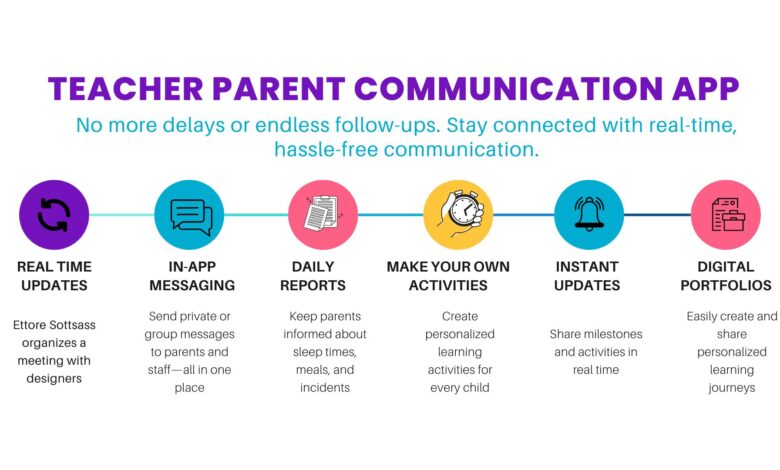
Choosing the right environment for learning is one of the most important decisions for your child’s future. Many parents consider Montessori education because of its focus on independence, hands-on learning, and respect for each child’s pace.
But is it the right fit for your family and your child’s learning needs? Let’s explore the pros and cons.
What is Montessori Education?
Montessori education is a unique way of teaching young children, focusing on letting them learn at their own pace through hands-on activities and exploration. Instead of the teacher standing in front of the class giving lessons to everyone at the same time, children in a Montessori classroom move around and choose what they want to work on.
Teachers act as guides, showing children how to use different learning materials, like blocks for counting or letters for building words, and then letting them practice on their own. This helps children develop independence and confidence while learning.
In a Montessori classroom, you’ll often see mixed-age groups, where younger children learn from older ones, and older children strengthen their skills by helping younger friends. This builds a sense of community and teaches children respect and responsibility.
Montessori education also focuses on practical life skills like pouring water, tying shoelaces, and cleaning up after themselves. These small activities may seem simple, but they teach children coordination, concentration, and care for their environment.
Overall, Montessori education aims to nurture a child’s natural curiosity and love for learning by giving them the freedom to explore and learn in a calm, respectful setting.
Pros of Montessori Education
✅ Encourages Independence: Children learn to manage their time, make decisions, and complete tasks on their own.
✅ Hands-On Learning: Montessori classrooms use tactile materials to engage children in child learning.
✅ Individualized Pace: Each child progresses based on their readiness, not the group’s pace.
✅ Focus on Life Skills: Children learn practical life skills, from tying shoes to caring for plants, along with academics.
✅ Positive Environment: Classrooms are calm and respectful, fostering a sense of responsibility and community.
Cons of Montessori Education
❌ Less Structured Curriculum: Some children may need more direction than what a Montessori environment offers.
❌ Limited Traditional Testing: If you value standardized measures of progress, Montessori may not align with your expectations.
❌ Availability & Cost: Montessori schools can be more expensive, and not every region has accessible options.
The Importance of Communication with Teachers
Whether you choose Montessori or a traditional setting, communication with teachers is key to understanding your child’s learning progress and emotional well-being. Regular updates and open conversations help you align your expectations and support your child at home.
illumine supports this partnership through its tools, enabling smooth communication between teachers and parents while tracking milestones in your child’s learning journey.
Is Montessori Right for Your Child?
Ask yourself:
✅ Does your child enjoy independent activities?
✅ Do they thrive in a less structured environment?
✅ Are you looking for a learning style focused on real-life skills and exploration?
If the answers align with your family’s goals, Montessori education could be a great fit.
Final Thoughts
Every child is unique, and the best education system is one that meets your child’s learning needs and fits your family’s values. Montessori education offers a flexible, child-centered environment that many families appreciate, but it’s essential to stay involved and maintain open communication with teachers to support your child’s learning at every stage.





